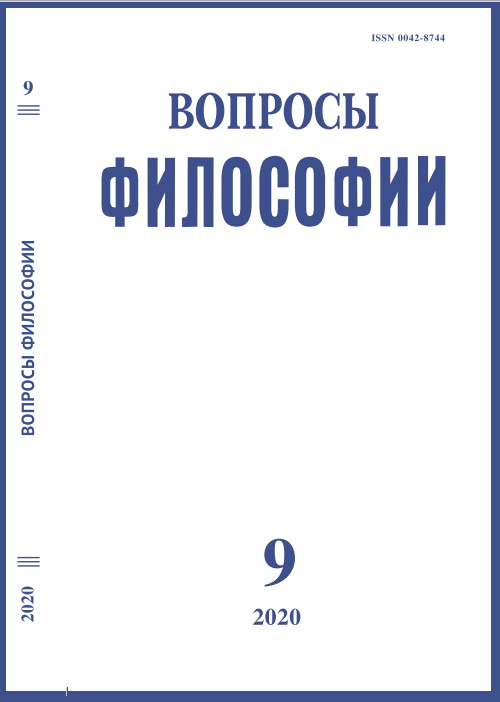Grammaticalization of Category Mistake and Natural Language
DOI:
https://doi.org/10.21146/0042-8744-2020-9-116-126Keywords:
category mistake, grammaticality, type-theoretic grammars, natural language, R. Carnap, analytic philosophy, philosophy of languageAbstract
The paper discusses the notion of a category mistake in natural languages. We argue that the fact, that sentences containing category errors are not marked as ungrammatical in natural languages, is their advantage and not a flaw. Arguments built on this notion are often used by philosophers against their opponents (the most well-known examples are G. Ryle’s criticism of dualism and R. Carnap’s criticism of Heidegger’s metaphysical views). Carnap famously argued that sentences containing category errors are meaningless and that the fact that natural languages allow such sentences is their serious flaw. He argued that in a logically perfect language such sentences would be marked as ungrammatical. Some contemporary systems adopt a similar perspective. The paper argues that this position makes epistemologically undesirable predictions and is problematic from the semantic point of view. From the epistemological perspective, the nature and properties of objects that can be referents of various terms in a natural language might not be known in advance, thus whether some statement contains a category mistake can only be established empirically by testing a hypothesis that must be first formulated. From the semantic perspective, a sentence containing context sensitive terms can be a category mistake in one context and not be such in another. The authors also explore cases of the so-called structural tautologies and contradictions that are ruled as ungrammatical in natural language and argue that they are evidence for the sensitivity of natural language to the logical form, contrary to Carnap.

